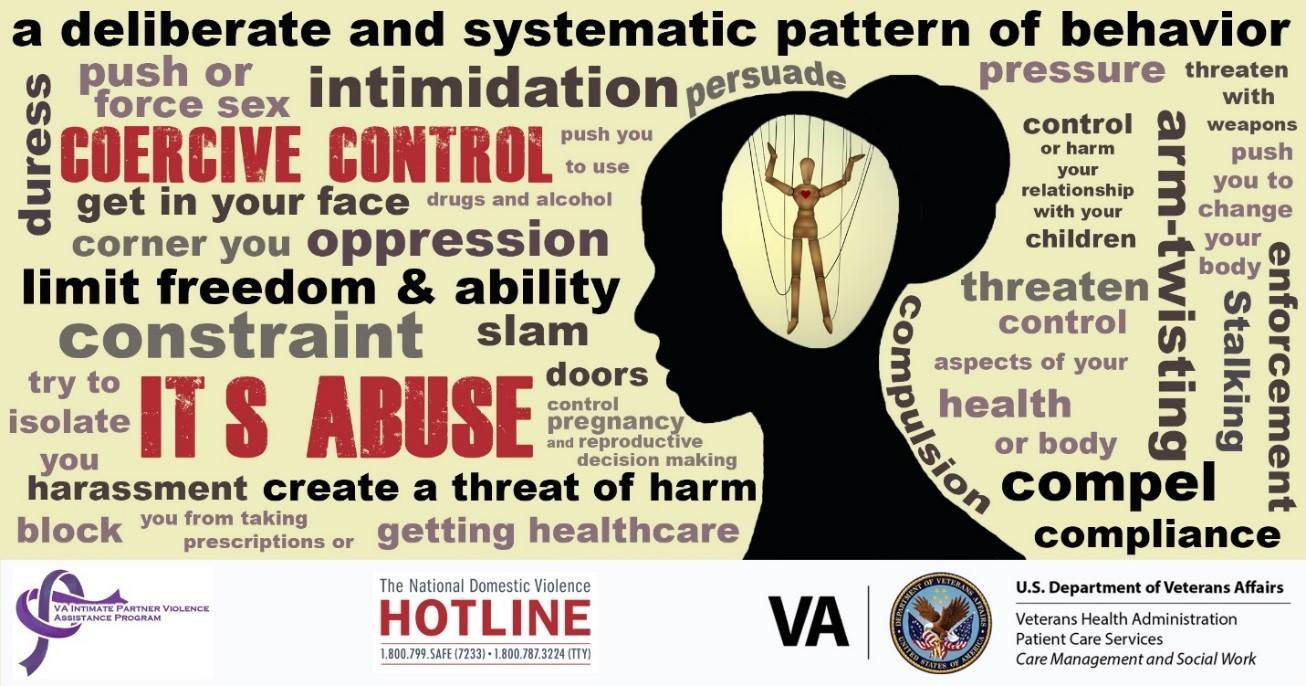The Bahá’í Faith, founded in the 19th century by Bahá’u’lláh, posits a profound and transformative vision of human rights rooted in the essential unity of humanity. As advocates for a world where equity and justice reign supreme, Bahá’ís heed a clarion call to action regarding the inherent dignity and rights of every individual, transcending race, religion, nationality, or gender. This exploration elucidates the multifaceted Bahá’í teachings on human rights, highlighting the imperative for collective engagement.
At the core of Bahá’í doctrine is the principle of the oneness of humanity. This tenet asserts that all human beings are interconnected, sharing a common purpose transcending superficial differences. This view cultivates an ethos wherein human rights are not merely privileges to be granted or withheld, but essential characteristics of our shared existence. The Bahá’í teachings, therefore, inherently reject discrimination in all its forms, advocating for the universal applicability of human rights to all individuals.
An essential component of this discourse is the concept of justice. Justice is not simply an abstract principle; it is a fundamental prerequisite for peace and a harmonious society. Bahá’í teachings underscore that justice must be pursued actively and with intention. This involves correcting injustices, standing against oppression, and fostering a culture where the rights of others are respected and upheld. The Bahá’í community is encouraged to engage in systemic change, working collaboratively to dismantle structures that perpetuate inequality.
Further illuminating the Bahá’í perspective on human rights is the emphasis on education as a fundamental right. Education is seen as a vehicle for empowerment, enabling individuals to realize and protect their rights. The Bahá’í writings advocate for universal access to education. This commitment extends not only to academic learning but also to moral and spiritual education, nurturing inherently virtuous individuals equipped to contribute positively to society. The belief is firmly established that an educated populace is indispensable for the realization of a just world order.
In addressing the right to education, the Bahá’í teachings articulate a necessity for gender equality. Gender equity, in the eyes of Bahá’í philosophy, is not only a moral imperative but a vital component of societal progress. The empowerment of women is pivotal; equal participation of women in all dimensions of society is crucial for the advancement of global civilization. The Bahá’í perspective contends that a society that marginalizes half its population—the female half—diminishes its potential and efficiency in achieving comprehensive human rights.
Additionally, the Bahá’í teachings on human rights encompass the right to freedom of thought, conscience, and religion. Every individual possesses the right to explore and embrace spiritual beliefs that resonate with their inner convictions. The Bahá’í Faith advocates a framework where freedom of belief is paramount, fostering an environment of tolerance and understanding. This principle cultivates social harmony and averts conflict born from ideological differences, aligning with the Bahá’í vision of unity.
The principle of service to humanity is another cornerstone of Bahá’í teachings, connecting directly to the call to action surrounding human rights. Bahá’ís are encouraged to participate in service-oriented initiatives aimed at uplifting those who suffer injustices or inequities. This service is not merely a charitable effort; it is a spiritual obligation. Engaging in social action—be it advocating for marginalized communities, participating in humanitarian initiatives, or fostering dialogues on diversity—directly embodies the Bahá’í commitment to safeguarding human rights for all.
In recognizing the global nature of human rights issues, the Bahá’í teachings promote international collaboration. The interconnectedness of today’s world necessitates a unified response to challenges that transcend national boundaries. The concept of collective security signifies that the rights of one nation are intertwined with the rights of others, echoing a call for a robust international framework that prioritizes human dignity and judicial fairness. The Bahá’í community, thus, advocates for the establishment of international standards and treaties that reinforce the protection of fundamental human rights.
Notably, the Bahá’í Faith views the promotion of human rights as an evolving discourse. The understanding of rights must adapt and reflect the unique complexities of modern society. Bahá’í teachings underscore the importance of dialogue, consultation, and incremental progress in this sphere. Continuous engagement is paramount; the promotion of human rights is not a static endeavor but a dynamic journey necessitating ongoing commitment and activism.
In conclusion, the Bahá’í call to action regarding human rights resonates through an intricate tapestry woven with principles of justice, equity, education, gender equality, and service. It emphasizes the necessity for active participation in ameliorating global inequities and protecting the rights of every individual. The Bahá’í teachings challenge followers, and indeed all humanity, to champion the cause of human rights vigorously. The vision of a just, equitable, and harmonious world demands a collective awakening—a concerted response to the unfinished business of human dignity that beckons us toward a brighter future.
